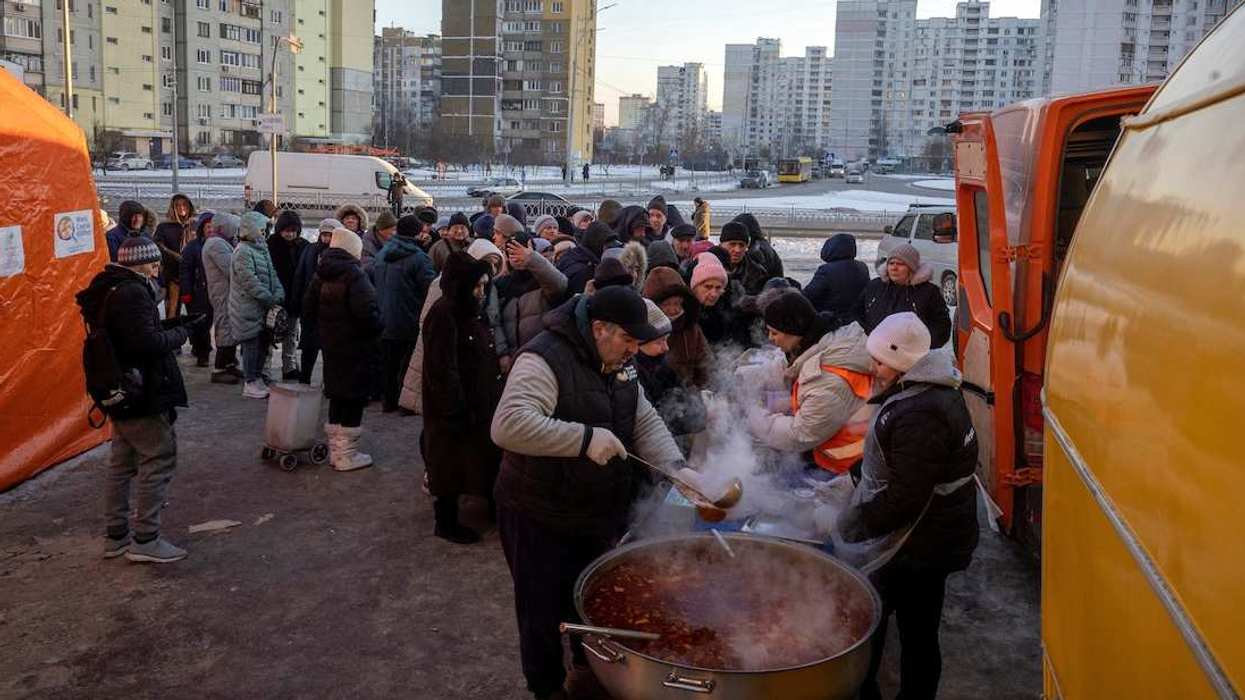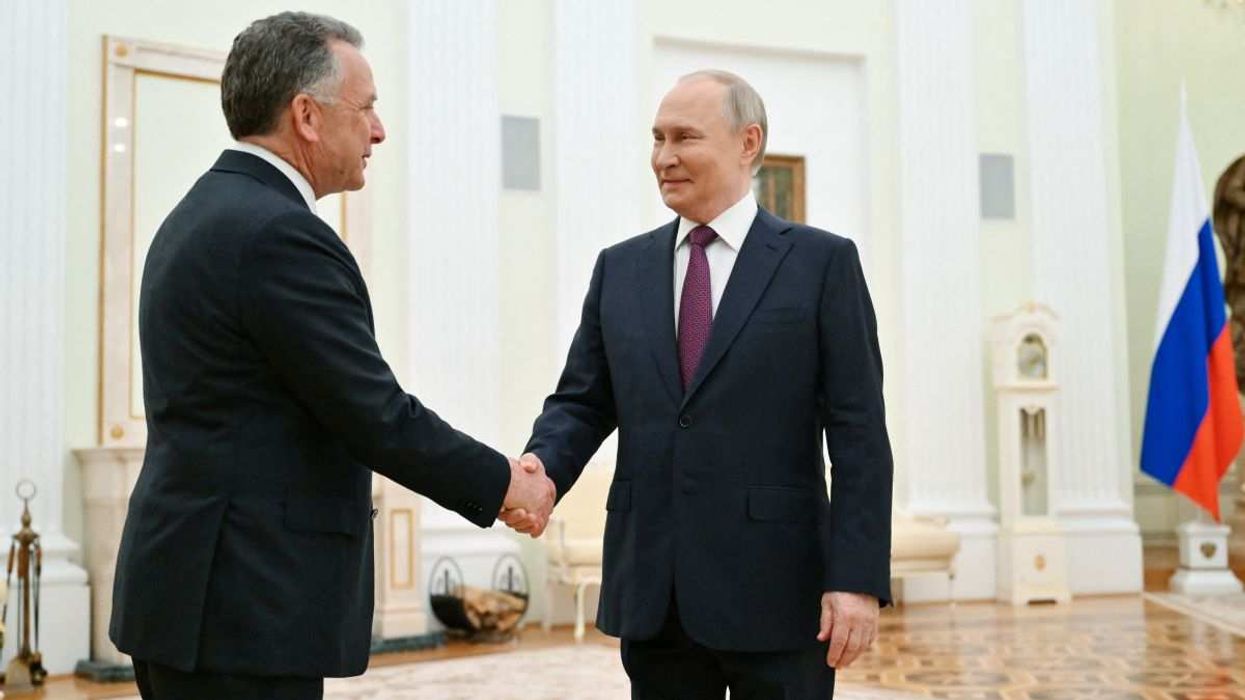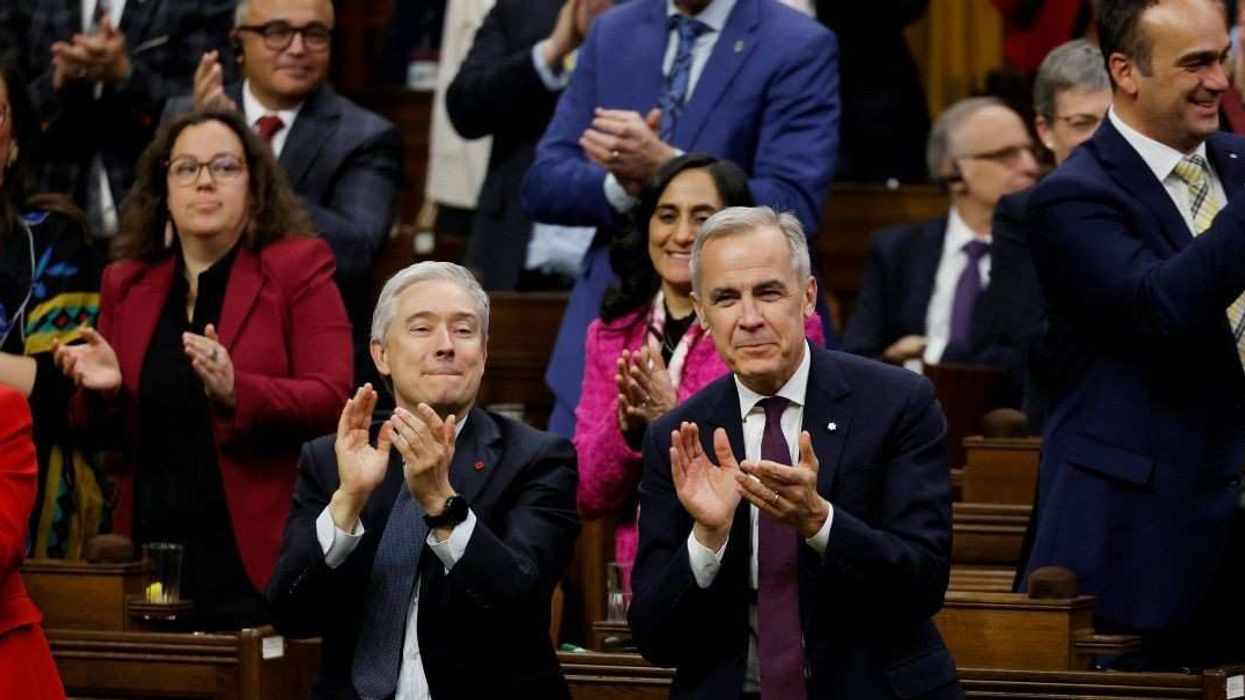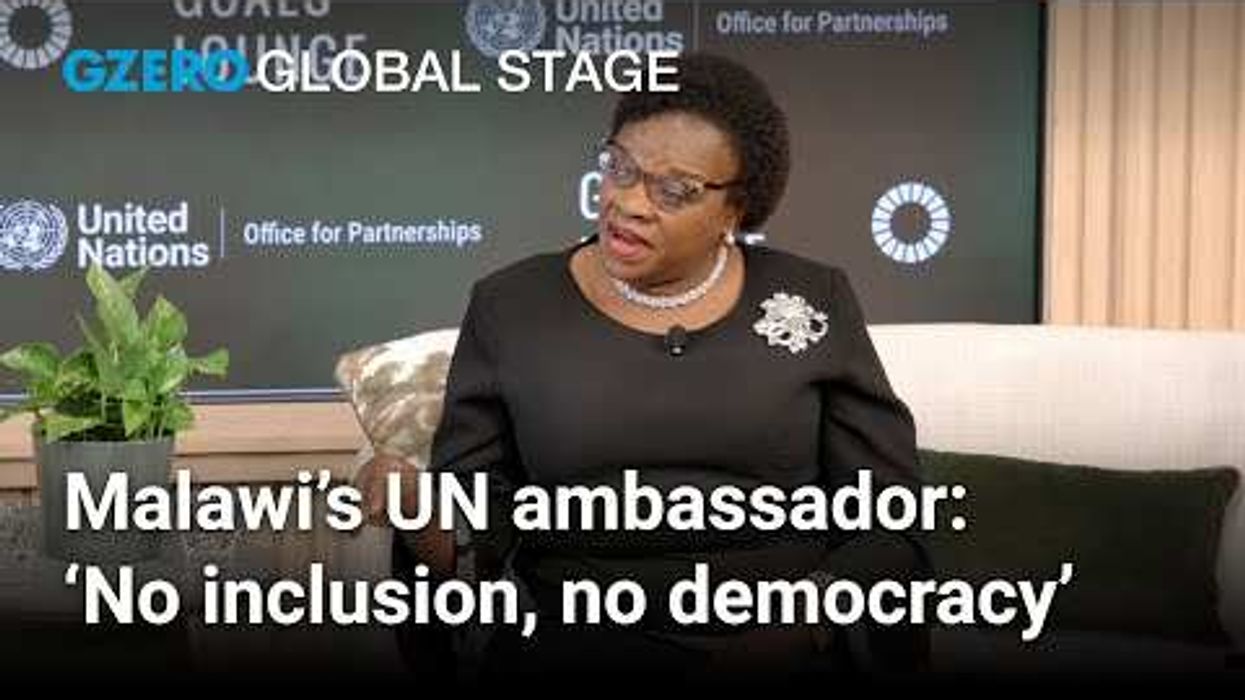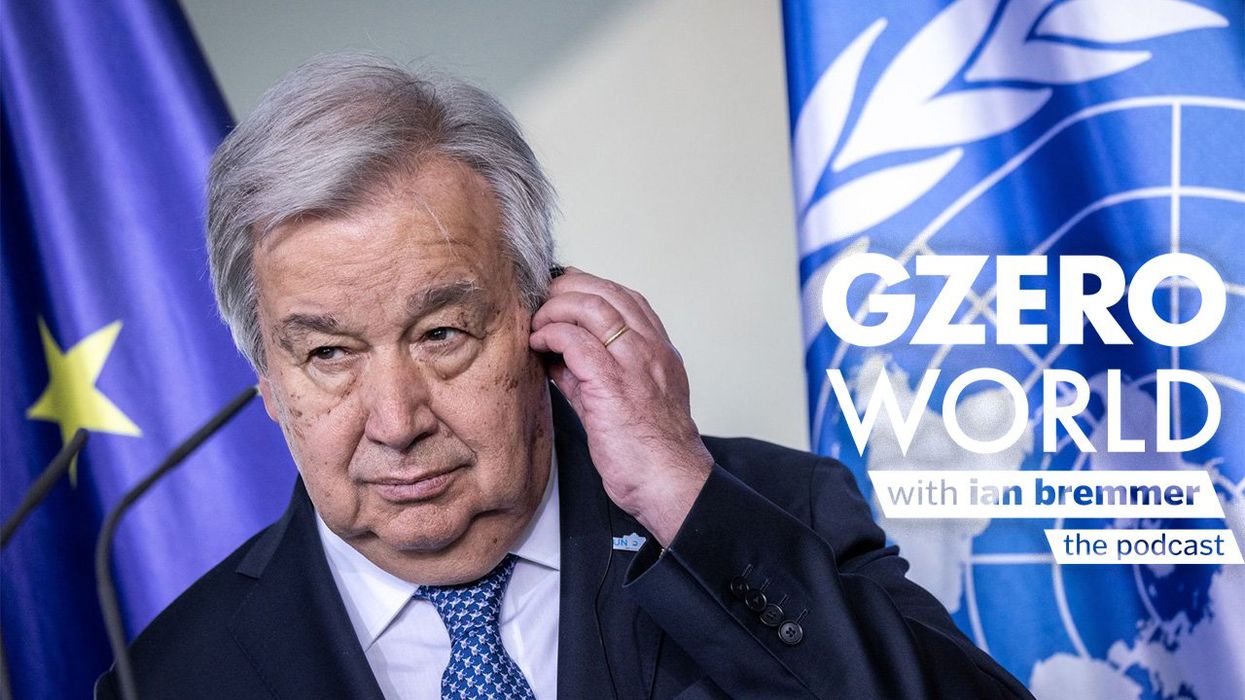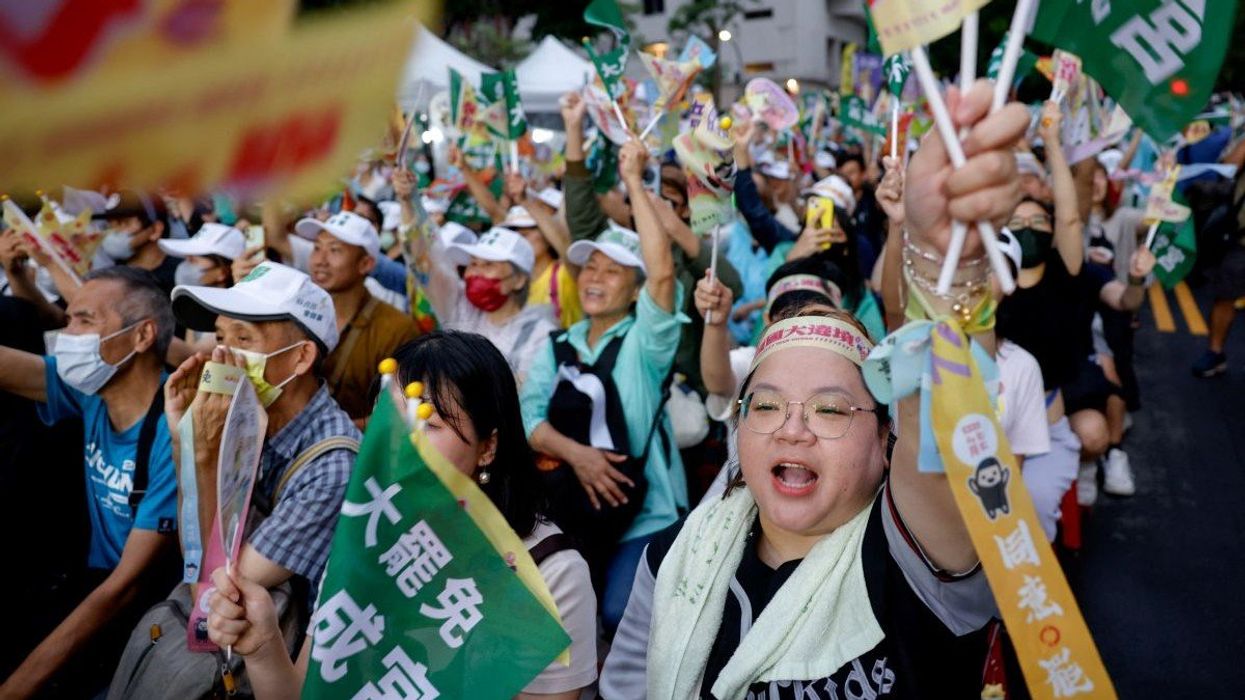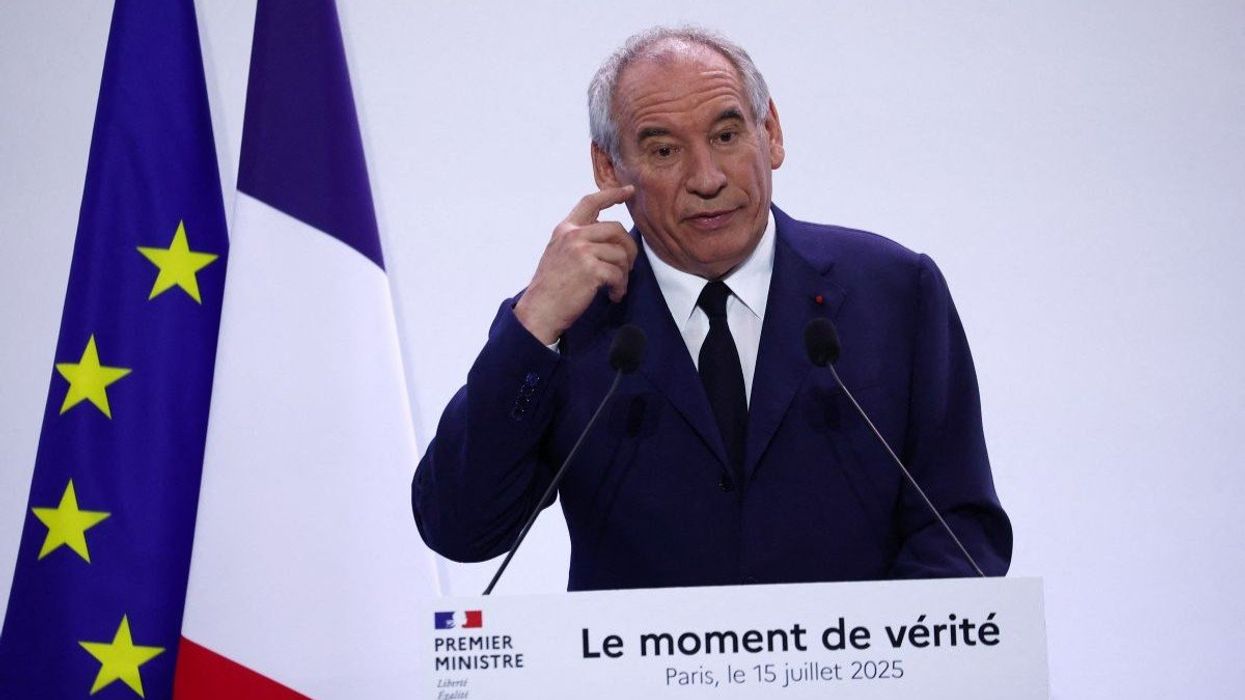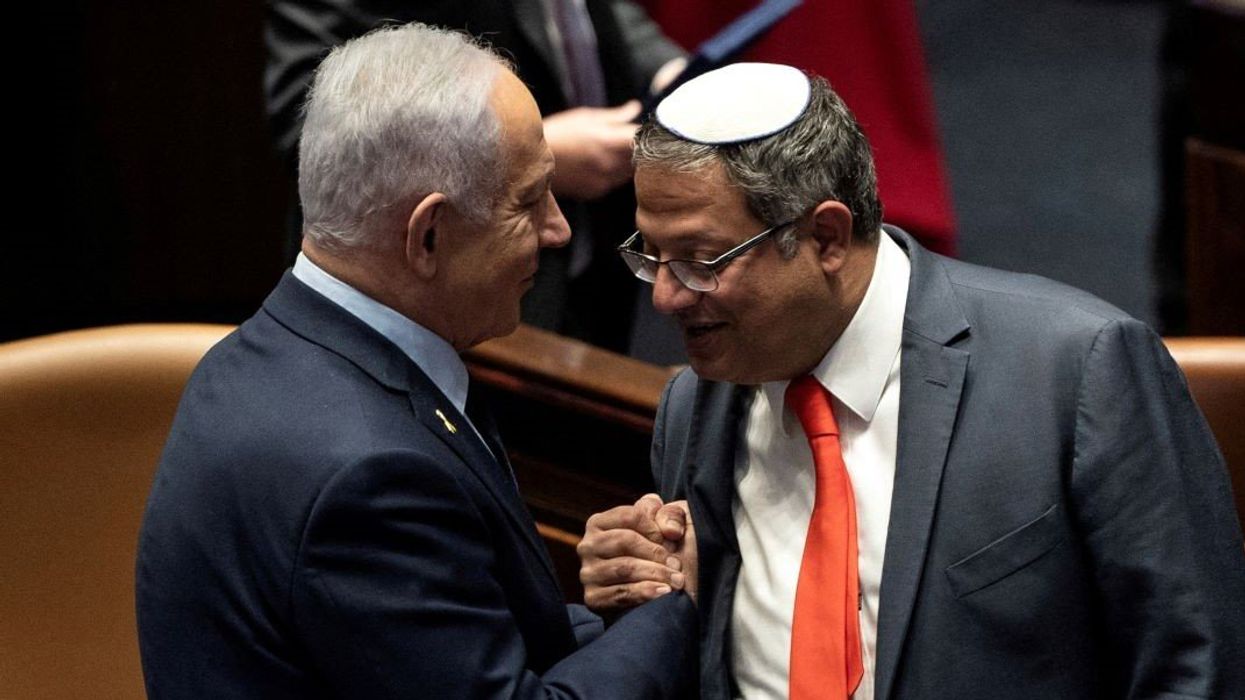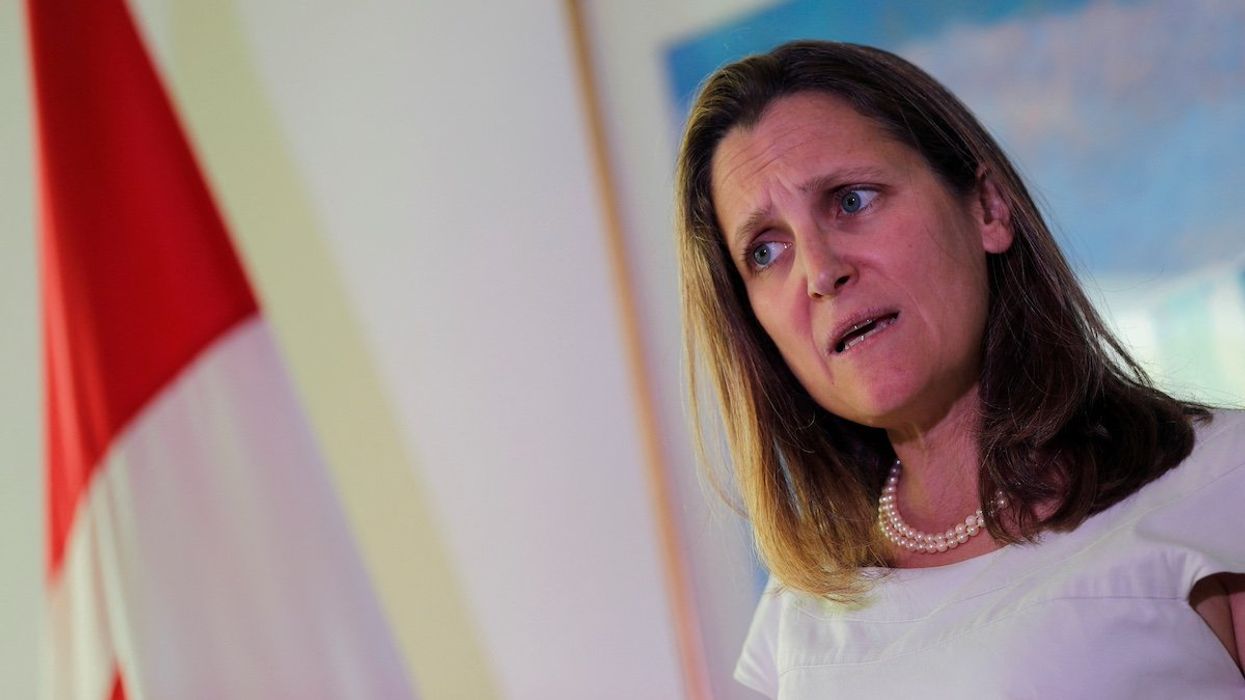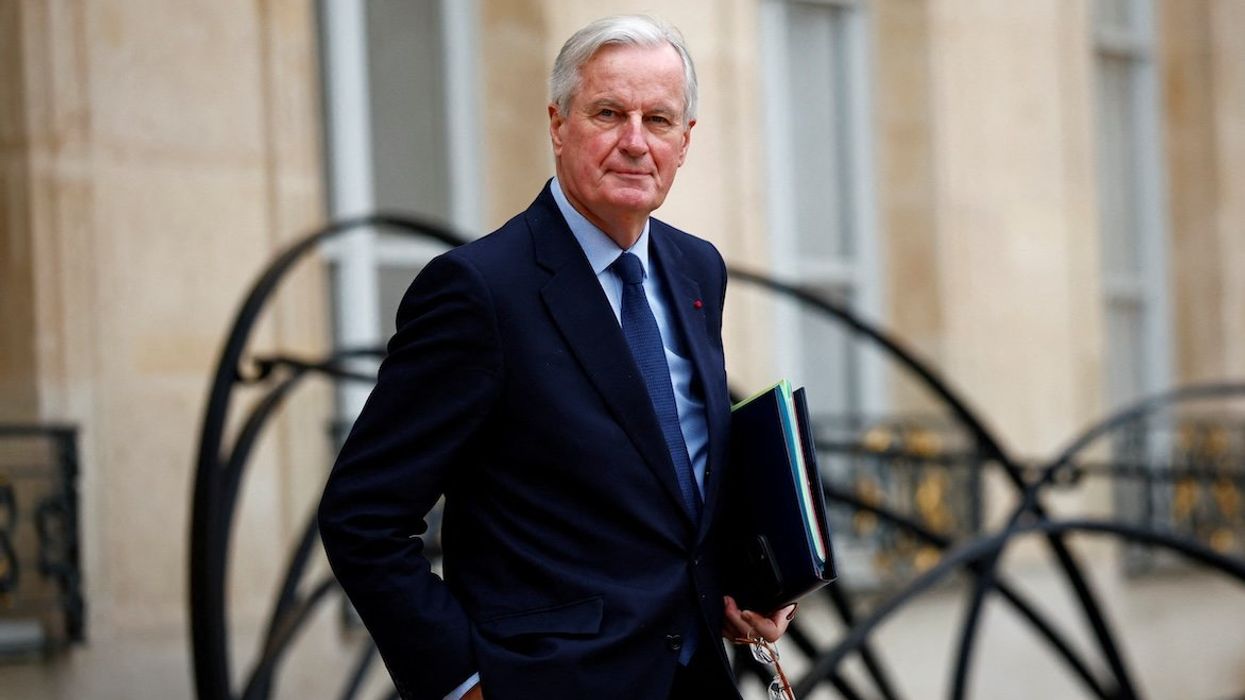Hard Numbers
Hard numbers: Russia bombards Ukraine again, Spain considers social media ban, Rape trial begins for son of Norwegian royal
1,170: The number of high-rise buildings in Kyiv that were left without heating following a barrage of Russian attacks last night on Ukraine’s capital and its energy facilities, per Kyiv Mayor Vitali Klitschko.
Feb 03, 2026
